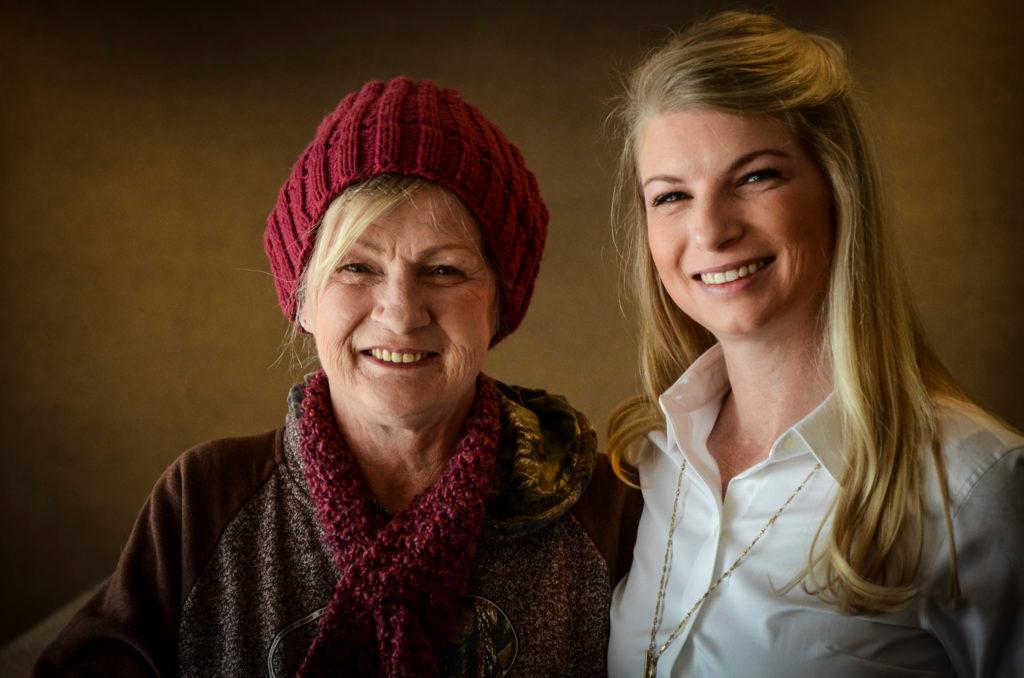
Inspired in part by her own family’s experience, Democratic Rep. Brittany Petersen is introducing a new bill to help more people get in-patient treatment for drug addiction.
“When I was begging for my mom to get help as a state legislator, that's where I really saw how broken the system was,” Pettersen recalled. “I had to go through getting her a court order to have treatment covered. So after my mom went through recovery (and) finally got the help that she needed, I brought a bill to require the state to apply for a Medicaid waiver to ensure that Colorado can actually cover [substance use disorder] treatment.”
Pettersen’s mother recently marked her seventh anniversary in recovery. Now Pettersen wants to take what she learned in Colorado, improve on it and apply it nationwide.

“While I'm so proud of the work that we’ve done in Colorado to increase access to medically necessary treatment for people who are struggling with a substance use disorder, there are still significant barriers at the federal level that need to be addressed,” she explained.
The Recovery Act streamlines the process by giving states the option to include SUD treatment to their coverage plans, instead of having to apply for a waiver to change the program to include it. Those new state plans would be permanent, not demonstration projects, giving predictability and sustainability for providers. The bill also incentivizes states to take advantage of Medicaid funding by having the federal government pay 90 percent of the cost for the first five years, before going down to the regular Medicaid reimbursement rate.
It would also do away with a cap that limits the number of days people can get covered. That cap, Pettersen said, was instituted in the 1960s.
According to the Centers for Medicare and Medicaid Services, almost 12 percent of Medicaid beneficiaries over the age of 18 suffer from SUD.
Pettersen and advocates will discuss the need for this measure later Thursday morning during a press conference at Denver’s Sobriety House, one of the places where her mother received treatment.
Still, given the limited amount of time remaining in the legislative calendar, Pettersen is realistic about the chances of getting something like this passed in the current Congress. But she said it’s important to lay down a marker.
“This is one of the reasons that I went to Congress and I will get this done,” she explained. “We know what type of care people need to have a chance at recovery. And my mom’s an example of that. And that’s what motivates me every day to fight for the people that oftentimes are left behind.”









